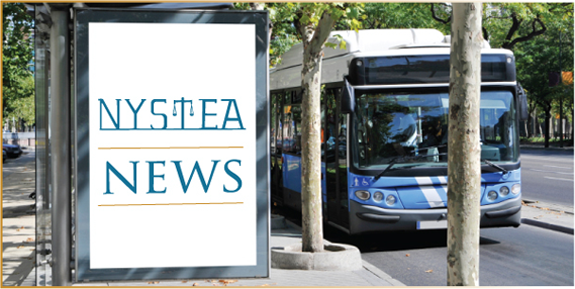
Congress returned to work this week just in time for a new round of political football over soaring gas prices, which have topped over $4/gallon in our region. Two weeks earlier, President Obama ordered a Department of Justice task force to “make sure that no one is taking advantage of the American people for their own short-term gain” by investigating the role of traders and speculators in oil markets. The House majority is laying the ground work to move two bills that will expand domestic oil and gas production while Senate majority leaders are planning to introduce a bill to repeal tax subsidies to oil companies.
As the President, the House and Senate majority leaders scramble to address rising gas prices, Americans are doing what they did when national gas prices rose to over $4/gallon in 2008: they’re driving less, buying smaller cars, and turning to transit. Type in “transit ridership” in Google News and one will see reports of upticks in transit ridership across the country, from large cities to small towns (Pierce County, WA; Lake Tahoe, CA; Palm Beach, FL; Luzerne County, PA; Nashville, TN; Montrose, CO; Valparaiso, IN to name just a few).
Unfortunately for those turning to public transportation for a reprieve, they’re most likely experiencing a system that has been cut to the bone in the past 18 months as lawmakers in D.C. stood by. Not only did the 111th Congress fail to pass the Public Transportation Preservation Act of 2010, which would have provided emergency federal funds to restore and maintain transit service across the country, the 112th Congress has recently slashed transit funding as a way to curb federal spending. More could be on the way. The House Budget Committee recently passed Congressman Paul Ryan’s proposal for fiscal year 2012 that would slash federal transportation spending by 30%, bringing it from $50B/year to about $35B/year. According to an analysis conducted by House Transportation & Infrastructure Committee minority staff, the tri-state region would lose over $1 billion in federal transportation dollars and 38,515 jobs.
Only in planet D.C. can one be outraged about rising gas prices, non-responsive on rising transit ridership numbers and wholly committed to reducing federal investments in energy efficient modes of transportation like transit.
by Ya-Ting Liu Federal Advocate, Tri-State Transportation Campaign



 0 Comments
0 Comments  Print
Print
 Email
Email